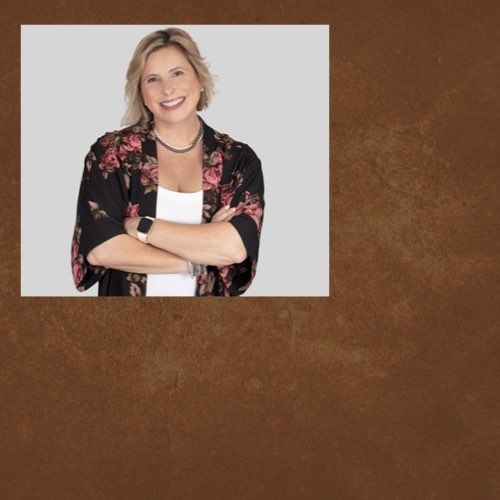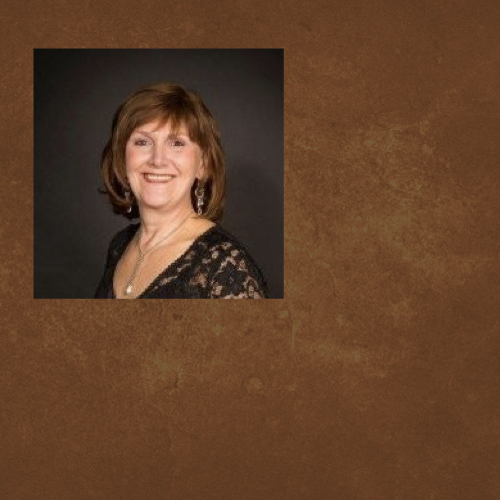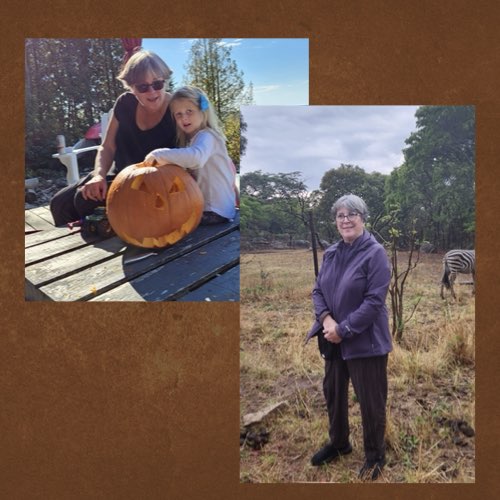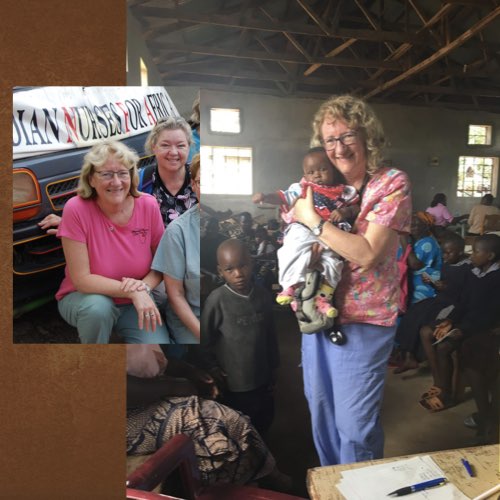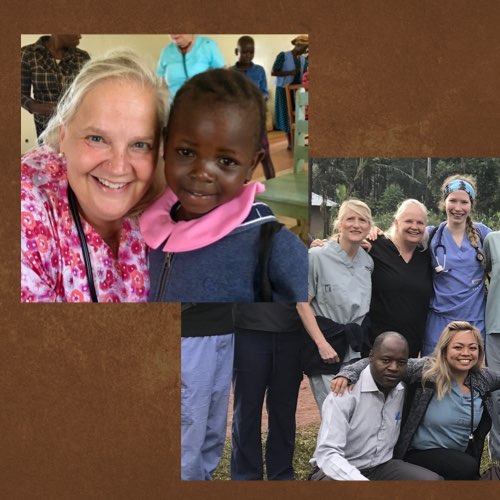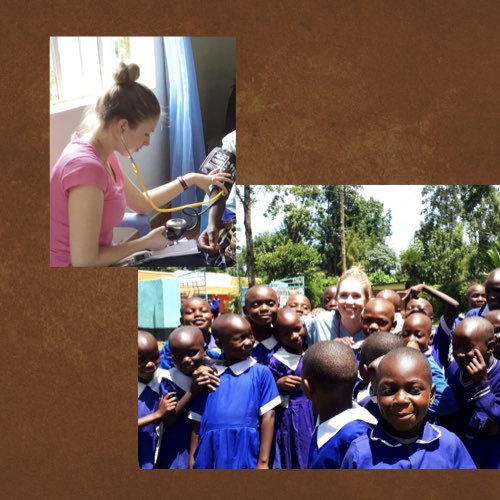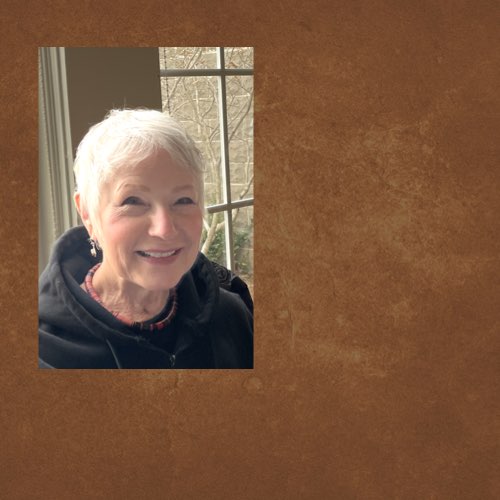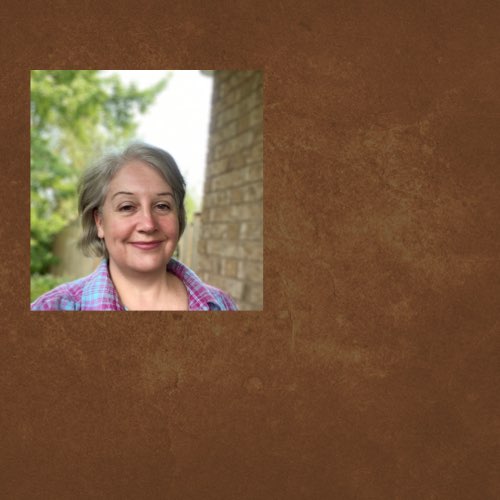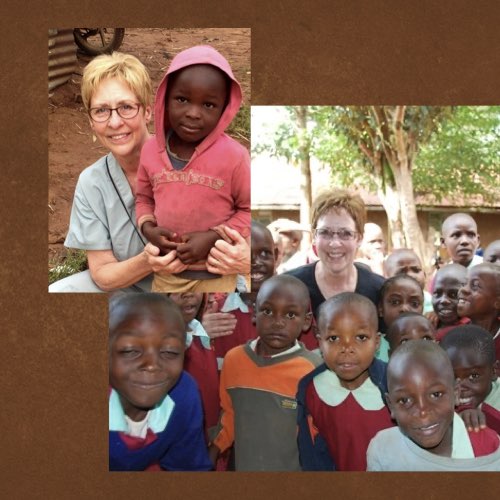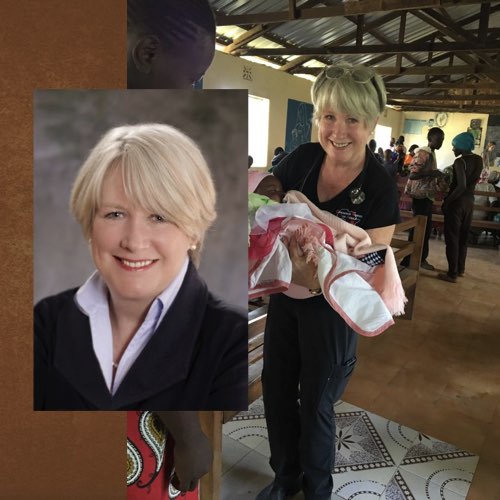Gail, Trish and Dawn have stayed behind to handle the logistics of ending a campaign of this size. Marie Mackay has invited us to visit a school we can see from our lodgings, Bondini. The majority of the children come from a huge slum which is across a small valley from the Sheywe. The Ministry of Housing has built a few new schools in slum areas, so these children have relatively new facilities. When we arrived, the children were grouped according to age on a nearby parade ground. A teacher read from scripture and the children recited the Our Father, all in English. I haven’t mentioned religion this year. On the whole, this is a very religious society. The idea of heaven and God gives great comfort to the population who struggle to meet their very basic needs: food, clothing and shelter. We then received a tour of the new library that Marie has so generously arranged to be built. There were a few books on the shelves and the librarian spoke of how excited they were just to get shelves. There is a lunch or feeding program for the students who can’t go home for lunch. I will post a photo of the kitchen. Marie provides maize for the meals. The price of a 50 pound bag of maize last month was 2200 shilling and this month, it is 3700. We then visited several classroom, where the principal made them sing “If you are happy and you know it, clap your hands”. It is not the first time the schools have insisted the children are happy. A common question is “Are you happy?” and the children all answer “Yes, We rare happy”. It must be a government regulation or something! The most noticeable incident in the principal’s office was the cane she quickly tossed from her desk to a corner. Canes are common in the schools here.
We drove to Kisumu to return our left over medications much to the chagrin of Bhvash, our pharmacist. We go through this ritual every year, where he looks sad and we look sad. He is a delightful and very knowledgeable man who assists us in any way he can.
As there are always things we can’t return, we give them to the Franciscan nuns. Both the Rosa Mystica in Nairobi and St Anna’s in Kisumu are convents turned into guest houses. It is how they support themselves as they no longer have support from the Dutch Motherhouse. The nuns in Holland are old and so the Kenyan nuns must provide for themselves and the schools, orphanages and schools for the blind, mute and physically handicapped. Anything we give to them, they give to the poor. It is a comfort to us to know these items are going where they are most needed. We had planned to visit at least one of the orphanages or schools, but unknown to us, they were too far from Kisumu.
During our 7 clinics, we sent 10 patients to hospital, with one (a grandmother and child) refusing to go once they left the clinic. Our burn baby was scheduled to be discharged today and the 34 year old man with AIDS was still a patient. The baby looked so much better and was walking; and his mother, who had also been admitted, looked healthier. We have paid their bills. In Kenya, when you go the hospital, you must provide your food, a wash basin, and even a booklet for the hospital to write in. Each patient has to have someone to provide food and tend to their needs. There were 8 patients in a small room each with a family member sitting on the bed. There were 6 of these rooms for each nurse. IV bottles hung from a string attached to a rod above the patient’s heads. And, this is a good hospital. In 2009, the nurses saw a hospital where there were three patients to a bed. No one will let us tour that hospital anymore.
Our AIDS patient will spend another 3 weeks in hospital then be discharged. We left $ with Johnston, a community worker, to provide food for him and to pay his bill at the time of discharge. As he is end stage, all we could do is to shake his hand and to wish him well. His family is hopeful he will get better. The counselling they need is unavailable.
We then drove the burn baby and her mother back to her home. She wanted us to see her home so there we were again, white women trucking through Kenya on foot (once we drove as far as we could). Her home was a mud hut with newspapers attached to the wall as decorations. After one of the men in our group prayed in thanksgiving, we shook hands, walked back to our van, and drove back home. I never asked and I never looked, but I couldn’t help thinging “are there snakes in Kenya?” Don’t tell me. I don’t want to know.






